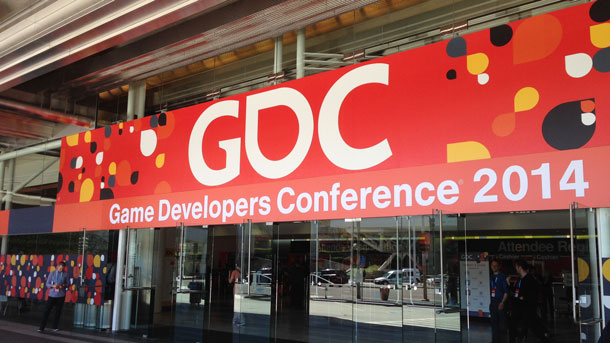
Ideas about games
Early next month, developers from around the world will gather to discuss their craft, instruct, and share advice at the 2015 Game Developers Conference. For us, GDC sessions are a fascinating peek at the problems game developers face—from design to programming to culture—and the creative ways they're solving them. In recent years, some of the best talks at the conference have been archived as free videos, and we've collected seven of our favorites here.
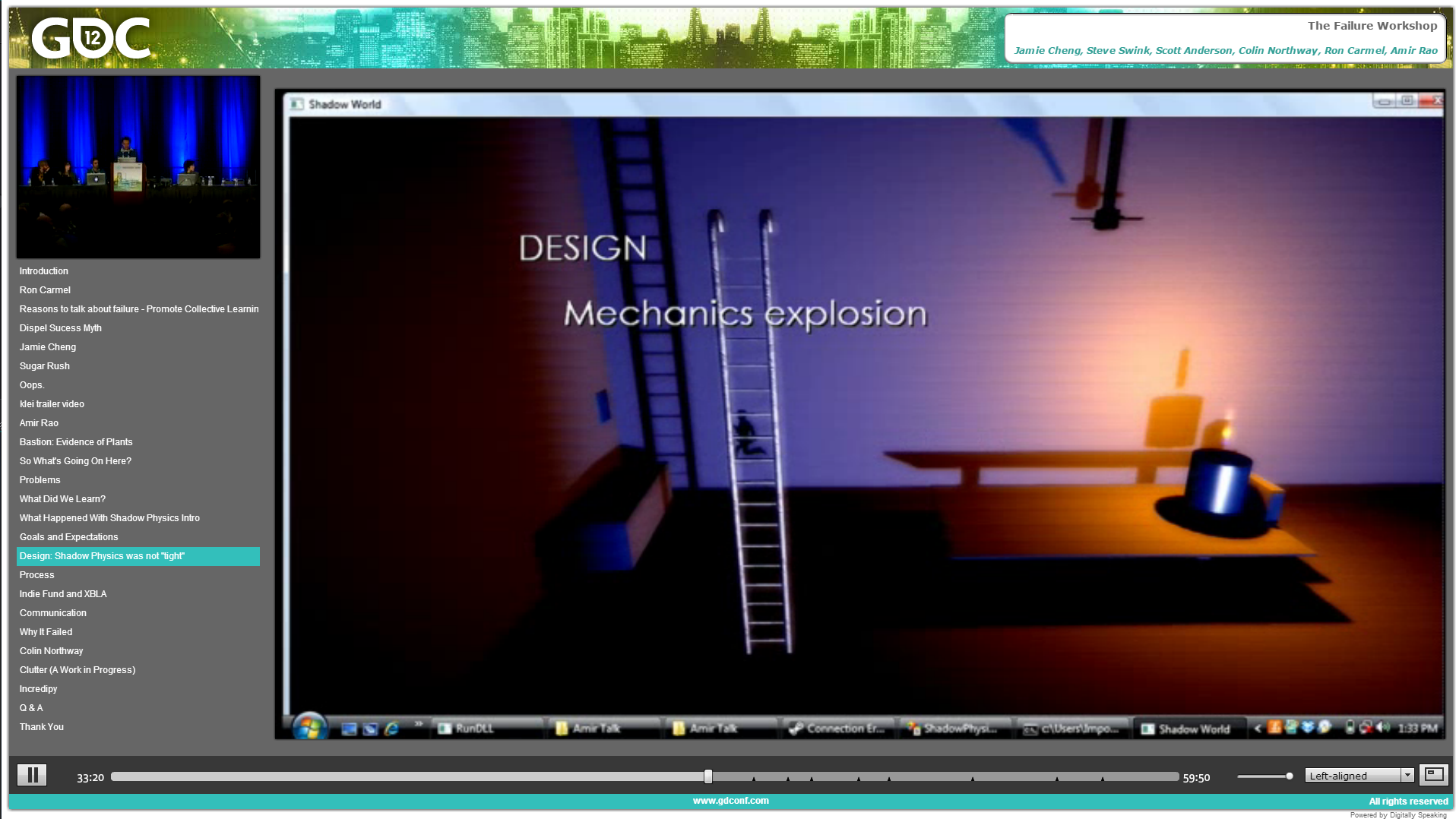
The Failure Workshop (various, 2012)
This long presentation is a few years old now, but it's still fascinating. A selection of indie developers talk about what went wrong with their games—from features that never made it, like Bastion's gardening system, to the whole game concepts that came and went on the way to Incredipede. This is the sort of thing that developers rarely share, for obvious reasons. Here, though, failure isn't something to be brushed under a carpet—it's something to explore, make jokes about, and even celebrate. It's also fun to watch almost everything go wrong from a technical standpoint during the talk itself. Nominative determinism in action.
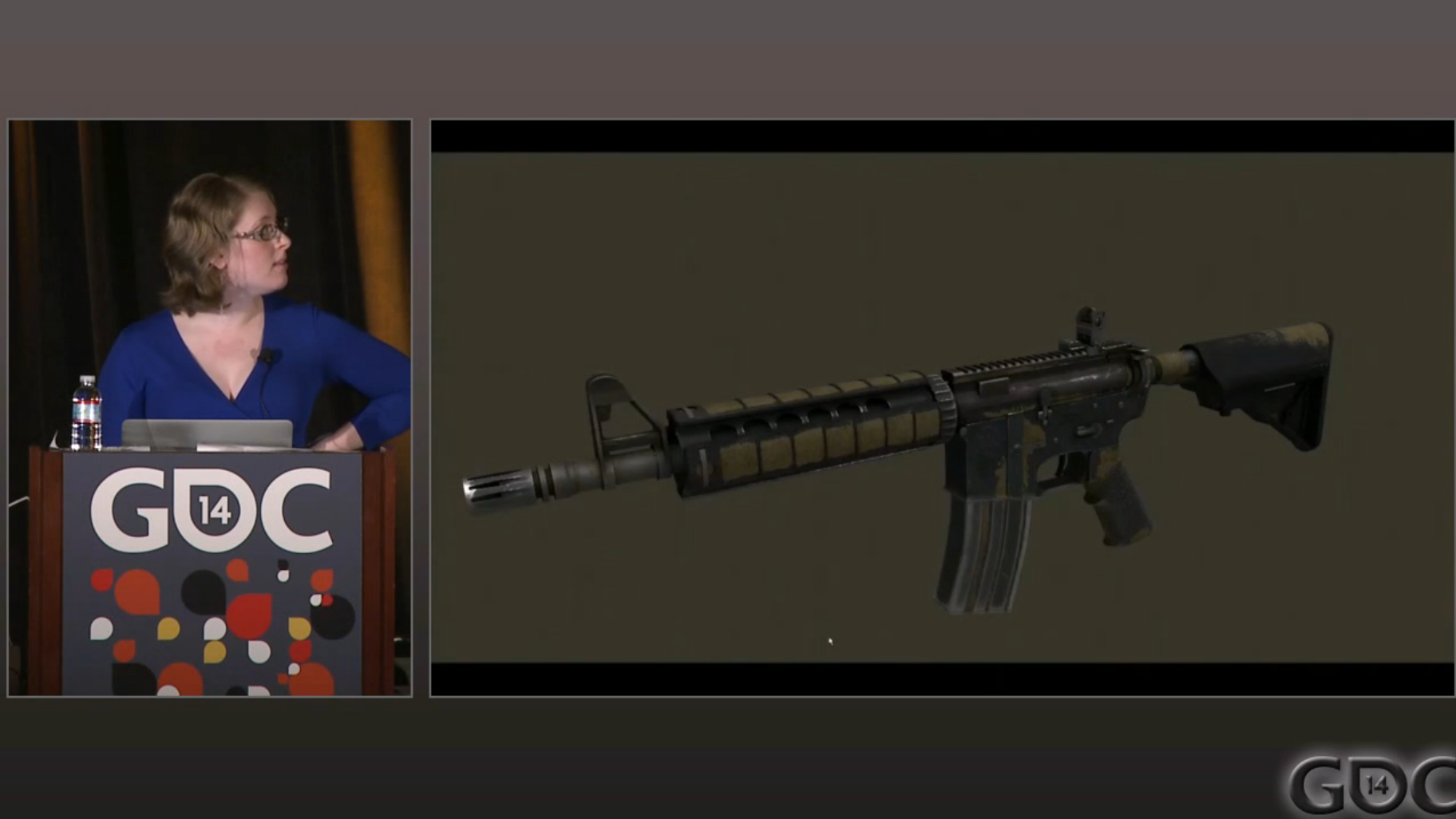
Building the Content that Drives the Counter-Strike: Global Offensive Economy (Bronwen Grimes, 2014)
Valve gave a rare, chronological look into its decision making process around in-game economies at least year’s GDC. Bronwen Grimes, a technical artist at Valve, delves into the technical specifics of how Valve automated the art process for CS:GO’s weapon skins as much as possible, but she also digs into how Valve answered the broader questions about in-game items, how it uses purchasing data, and how the addition of an economy affected what’s now the number-two game on Steam.
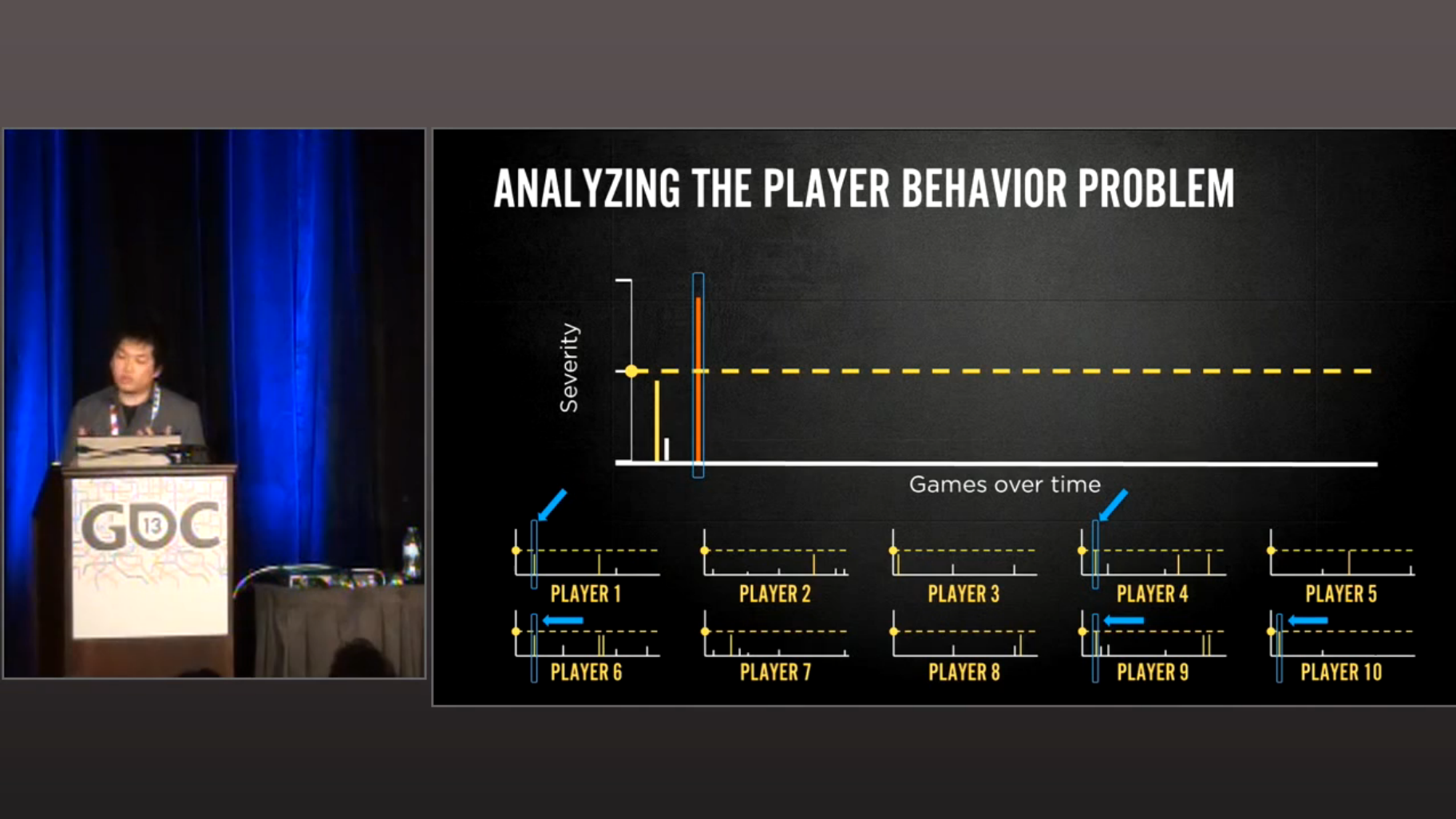
Shaping Behavior In Online Games (Riot, 2013)
This is a great exploration of player behaviour in the League of Legends community, but what Jeffery Lin has to say applies to almost any competitive scene you can think of. It's illuminating to see toxic behaviour from the perspective of a developer who has all of the data to hand. It turns out that a rage-filled game is the product of much more complicated factors than you might expect, and that there are things you can do to moderate your own behaviour that can help everybody to have a better game.
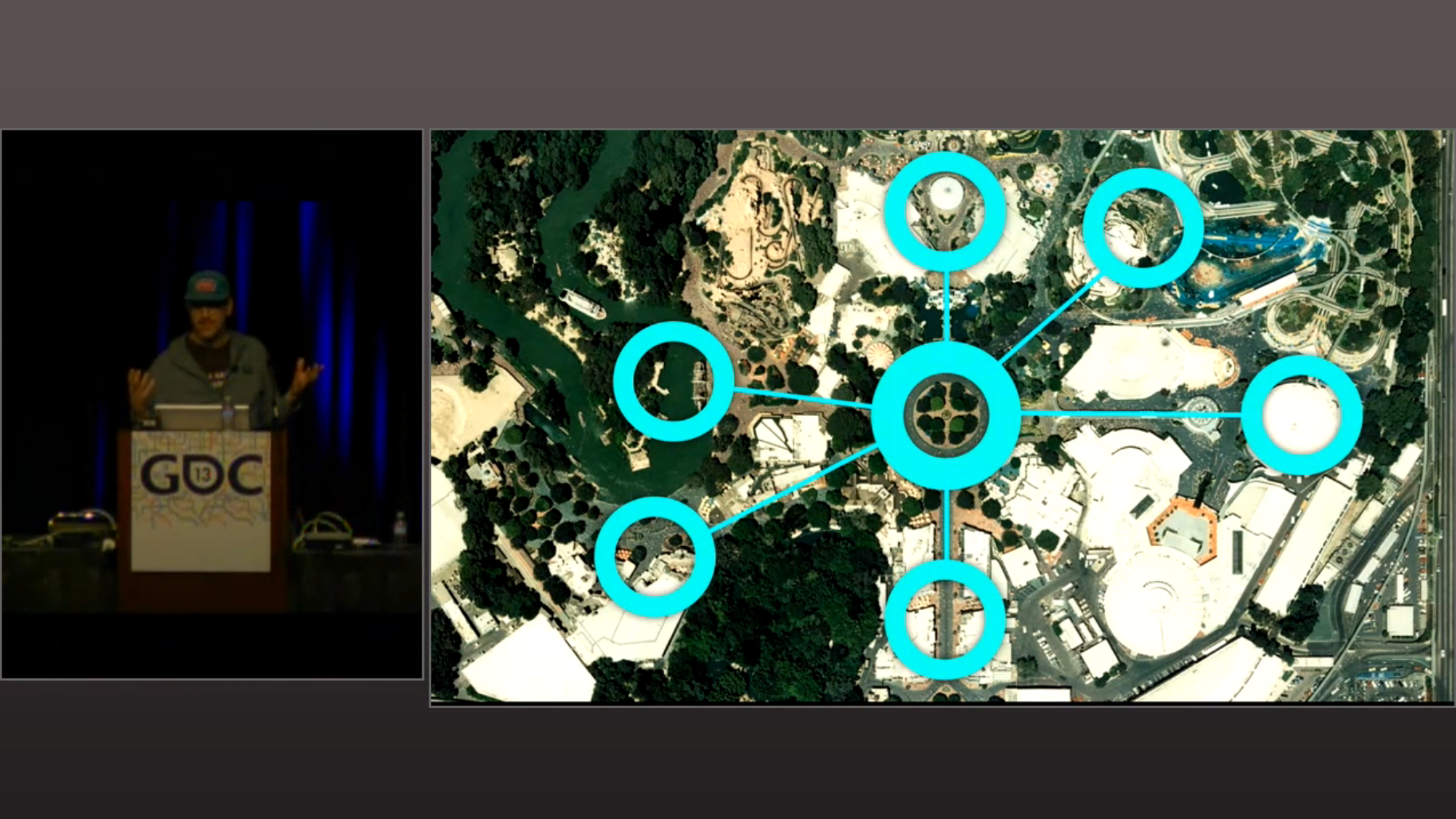
Classic Game Postmortem: Myst (Robyn Miller, 2013)
Not many games mean as much to the PC as Myst, which makes Robyn Miller’s breakdown of its design a great watch whether you’ve played Myst or not. In particular, Miller has some interesting things to say about how they designed puzzles for people who don’t like puzzles, how the technical limitations of the time (1x CD-ROMs!) influenced the layout of Myst Island, and how they tried to create realistic characters. Also, my favorite bit is when he briefly talks about the problems with Riven, a game I played more of (but never got very far in, because those puzzles are hard). Myst’s compartmentalization made its puzzles much more manageable.
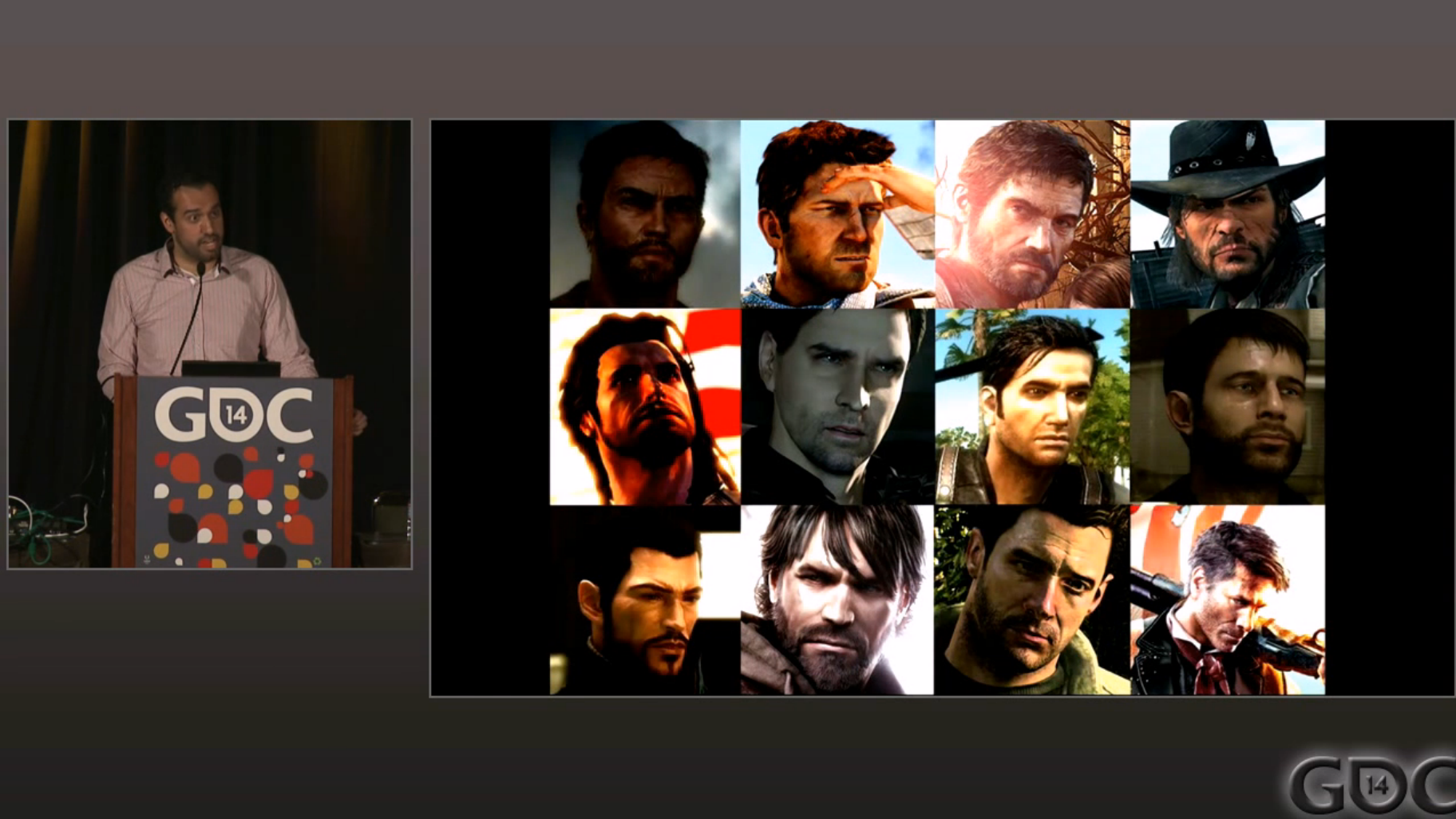
Misogyny, Racism and Homophobia: Where do Video Games Stand? (Manveer Heir, 2014)
This strident statement against stereotype-laden character design by Manveer Heir (gameplay designer at BioWare Montréal on Mass Effect) received a standing ovation last year, and deservedly so. It's thorough, meticulously detailed, and delivered with passion. There's a line, near the beginning, that could do with being plastered on a billboard somewhere high over the internet:
"Discussing socially unjust content in a game does not make the game itself racist, homophobic, misogynist etc. Nor does it mean that the developers are those things, and nor does it make that the intent. What it means that the specific piece of content being discussed is problematic."
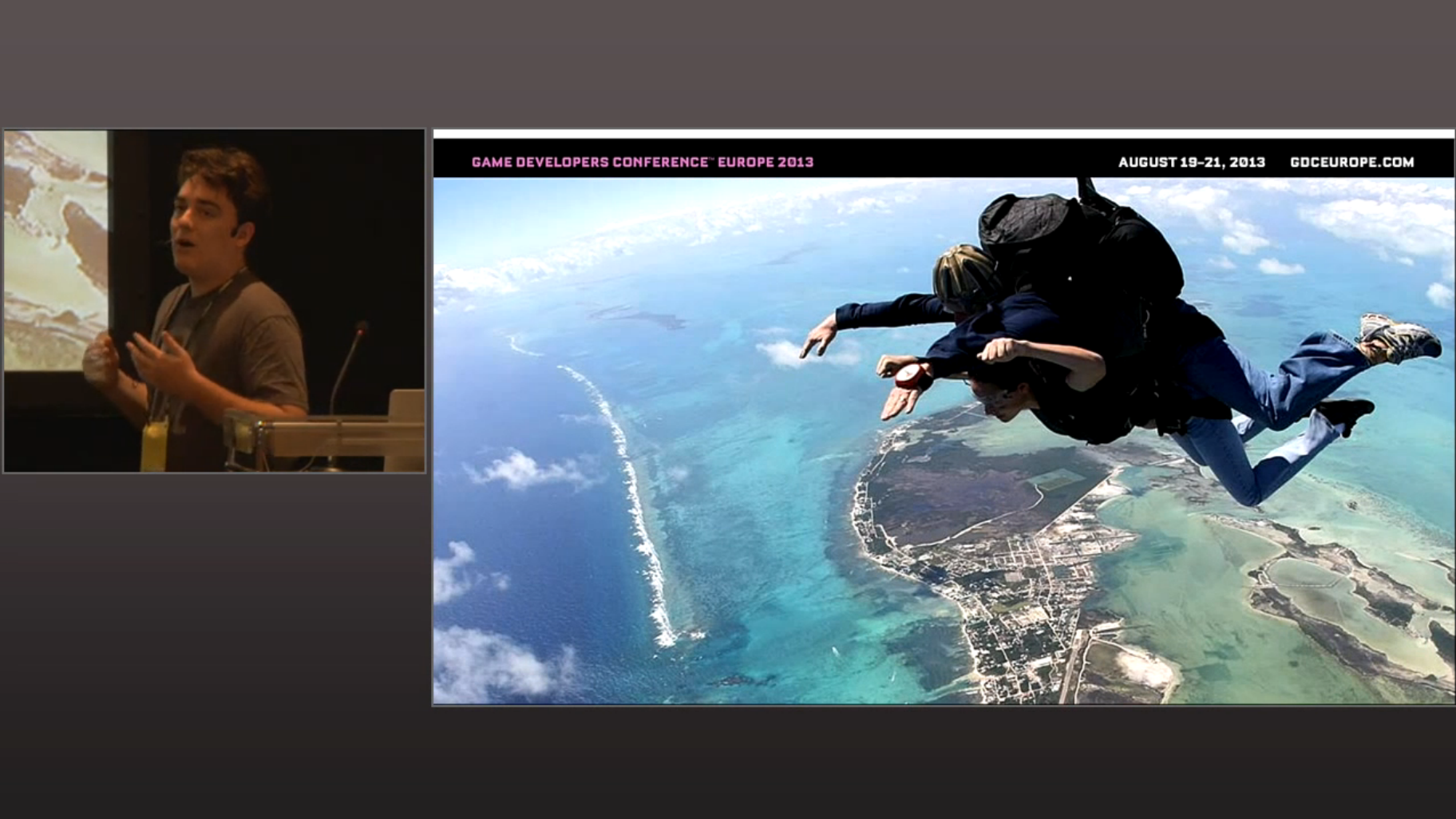
Virtual Reality Gaming and Game Development (Palmer Luckey, Nate Mitchell)
Oculus VR founder Palmer Luckey and VP of Product Nate Mitchell explains some of the challenges and exciting possibilities of virtual reality, which is just naturally fascinating. There are a lot of predictions here about what we can expect from future VR games.
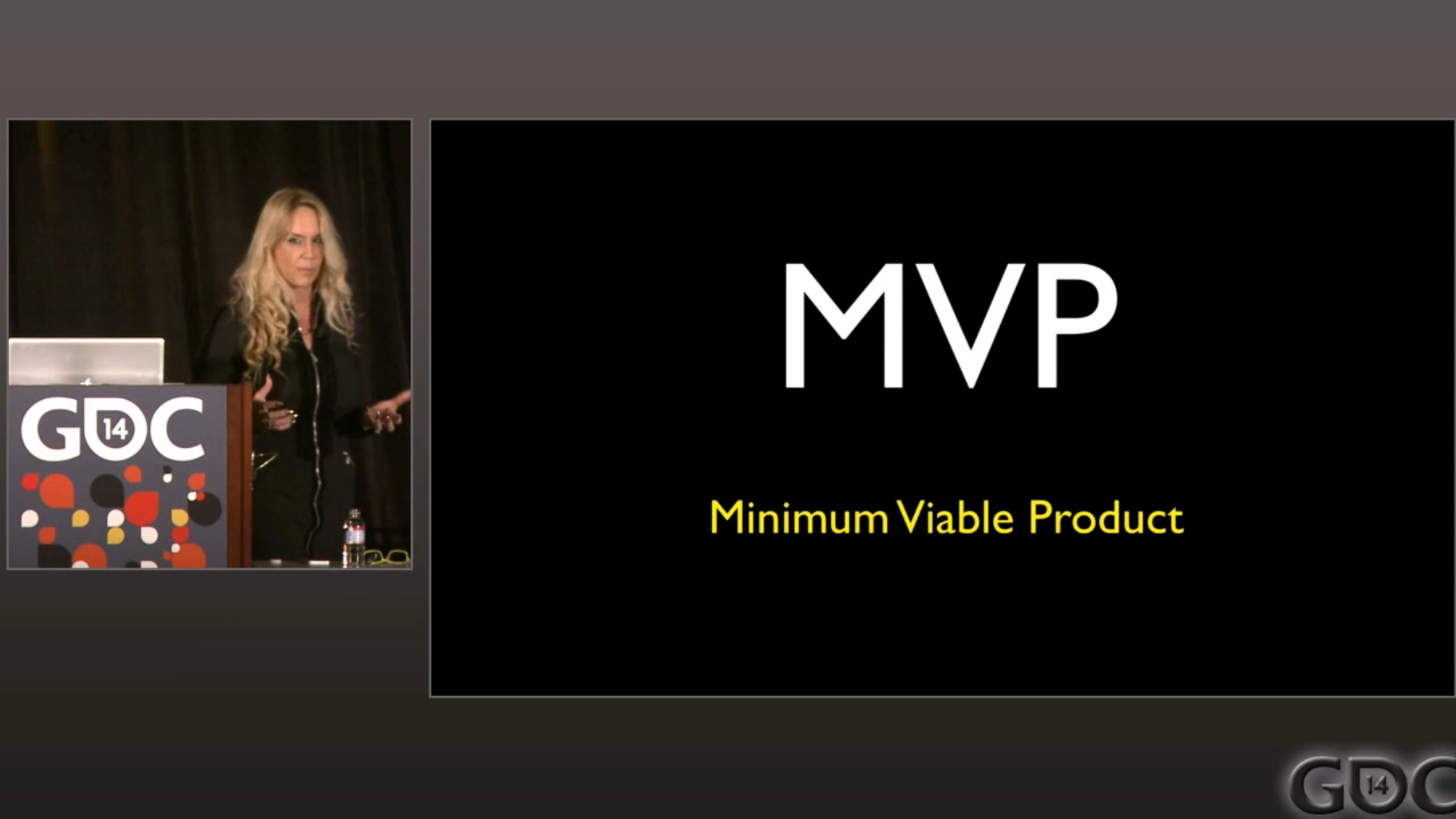
Jiro Dreams of Game Design (Brenda Romero, 2014)
Brenda Romero is a great, funny, insightful speaker. Her talk at last year’s GDC is more motivational and abstract than the others on this list, but it’s an entertaining take on how mediocre games are shipped, and her theories on how to achieve game design mastery and the need for great teachers. It’s a fun and inspiring watch if you do anything creative.
PC Gamer is the global authority on PC games—starting in 1993 with the magazine, and then in 2010 with this website you're currently reading. We have writers across the US, Canada, UK and Australia, who you can read about here.


